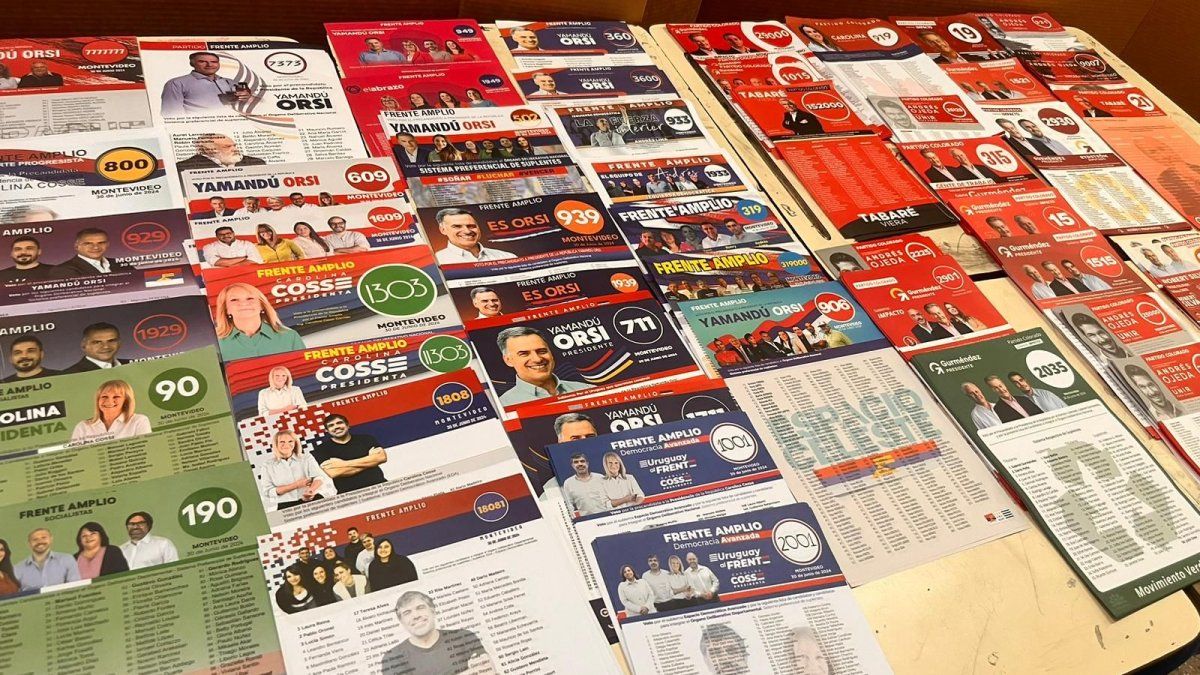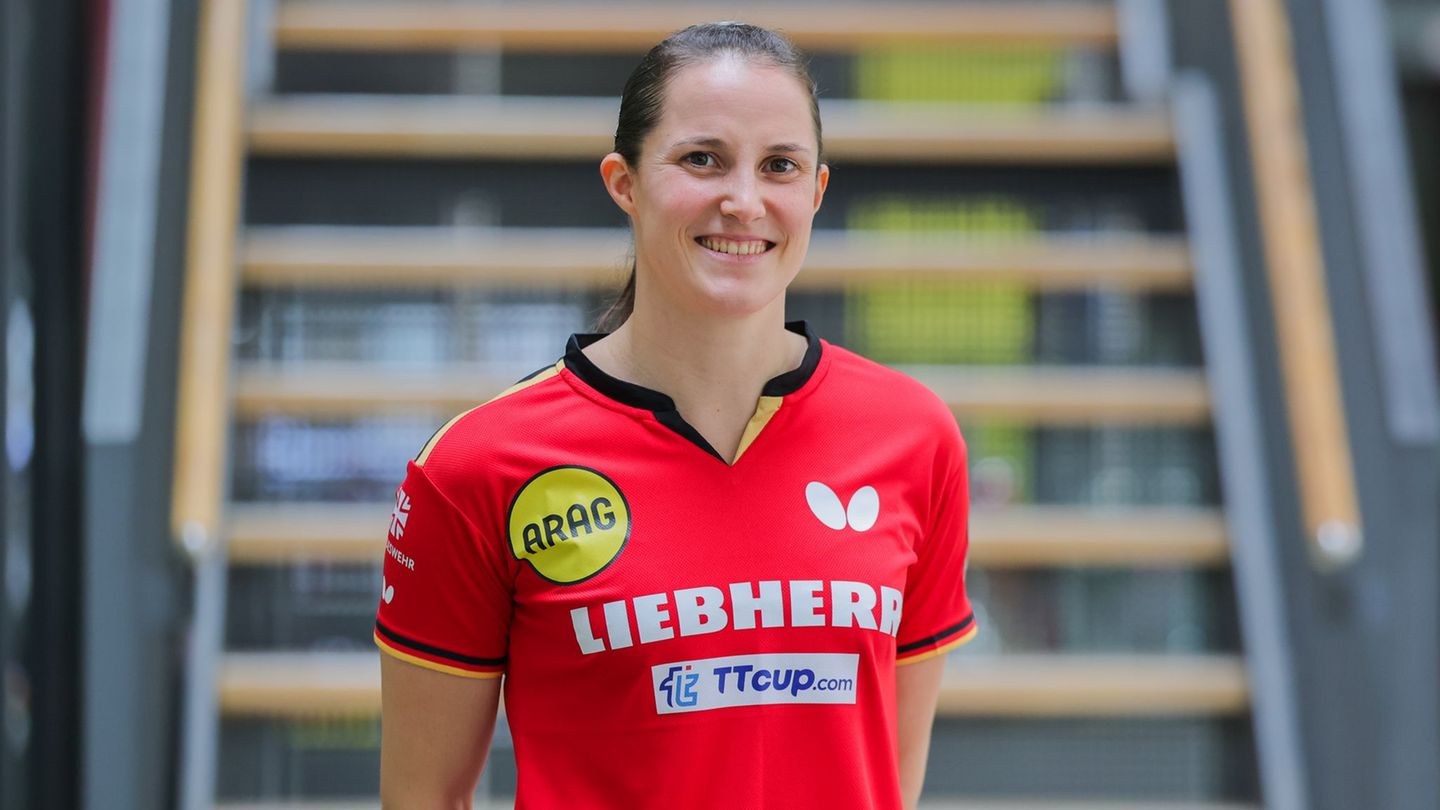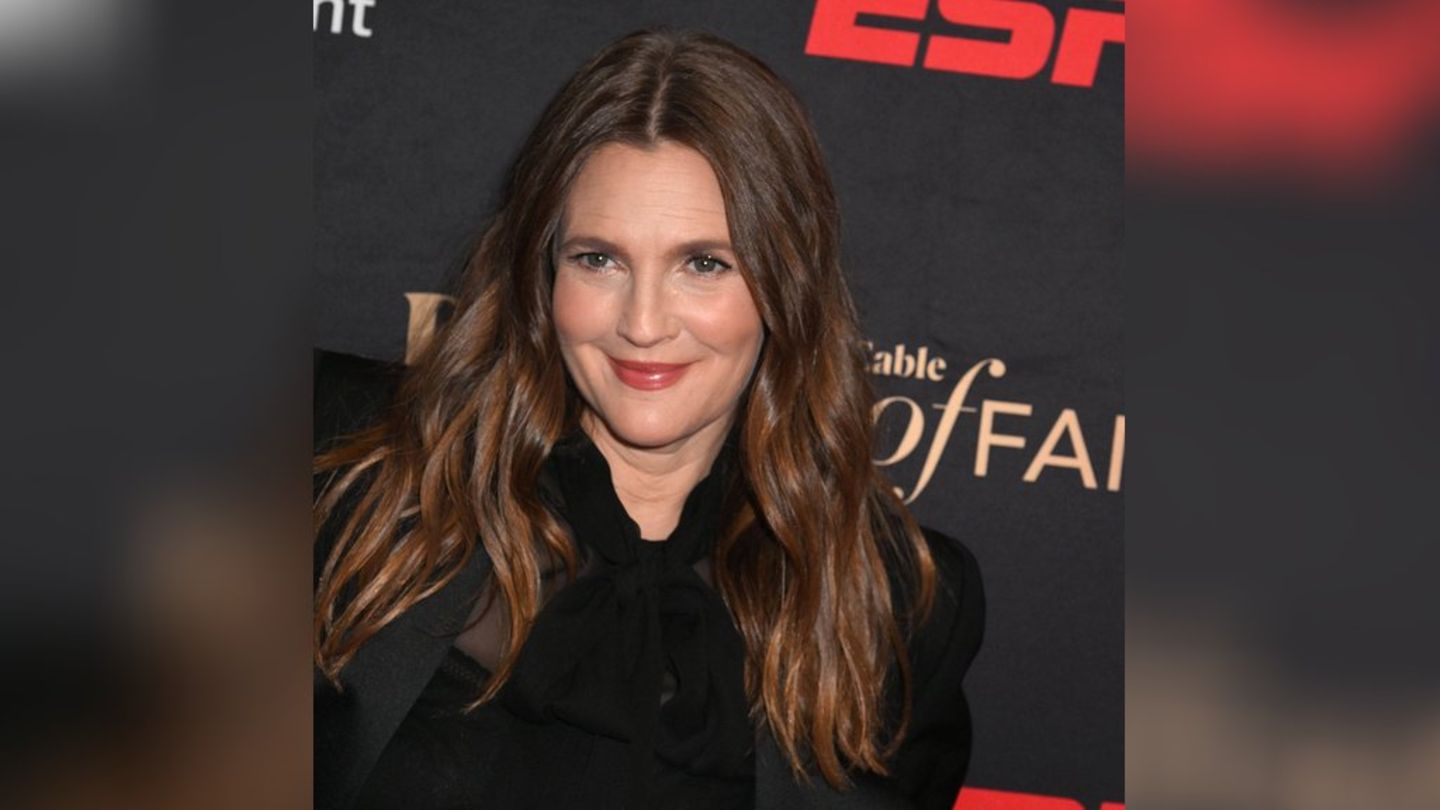The script was followed to the letter: Alvaro Delgado, Yamandú Orsi and Andres Ojeda won the primaries of their parties. The level of support did not disappoint either. stake which was low, although lower than expected: a meager 36%, the worst performance since the elections began internal elections.
Some refuse to let go of the argument that cold weather is a demotivator for voters. The truth is that in Montevideothe largest electoral circuit in the country, was very busy throughout the day. People went out, but not to vote.
Others like the mayor of Montevideo, Carolina Cosseor the nationalist senator Luis Alberto Heber They proposed to see the glass half full. Those who voted were few, yes, but they could have been fewer. An indisputable logic?
Most politicians, however, blamed the optional nature of internal elections. Yamandú Orsi, for example, complained that the debate always comes late, precisely on election day, when citizens do not vote.
Participation levels in the internal elections in Uruguay They have always been considerably lower (53.8% in 1999; 43.41% in 2004; 44.80% in 2009; 37.27% in 2014 and 40.29% in 2019) than those of a general election, where at least 80% of the electoral roll votes.
But is it enough to be compulsory to reverse this trend? Is voting because it is a civic obligation the same as voting with enthusiasm?
The first disaggregated figures of electoral participation in the party primaries show that the two main forces of the coalition, the National Party (PN) and the Colorado Party (PC)had the worst performance in a primary: 340,000 and 80,000 votes, respectively.
He Broad Front (FA)), however, achieved 150,000 more votes than in 2019. An expected move given that it is the opposition force. It is known in public opinion that an opposition voter always has an extra motivation to go to vote.
What the cold numbers hide is a truth known and acknowledged behind closed doors by the different teams: the campaign did not catch on. Lack of leadership from the so-called natural ones, a highly confrontational tone and even the excess of proposals were part of an offer that failed to get the voter out of his traditional disinterest.
Three more months of campaigning are now underway, starting at the first minute of this Monday. Delgado, Orsi and Ojeda not only have the challenge of consolidating their candidacies within their spaces, but also of awakening an electorate that is showing signs of weariness.
Source: Ambito




